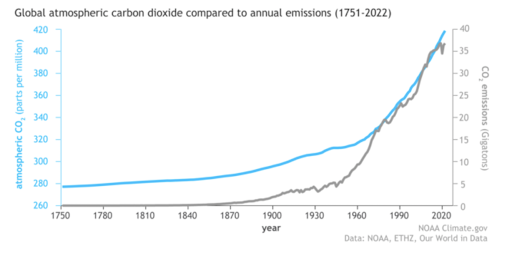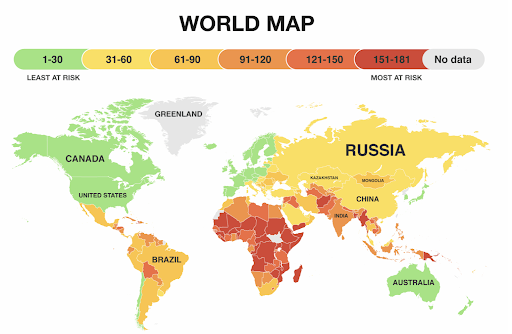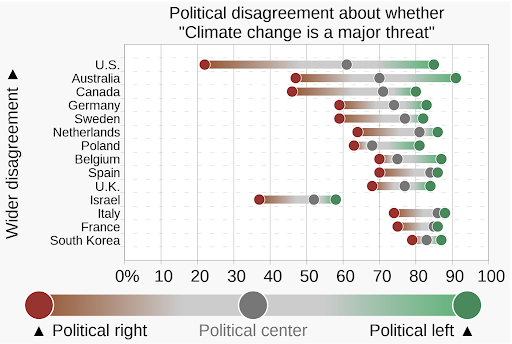Dynamics between Politics & Climate Change
The link between climate change and political stability has been controversial but is increasingly undeniable. Warmer temperatures and extreme weather aggravate social stress and economic outcomes, influencing political behavior.
Global warming and climate change will have some detrimental ripple effects on society's “political, economic and demographic structures. These include a rise in ethnic tensions in the Indian Sub-Continent, massive immigration to Europe, regional economic collapse and political destabilization in Africa, the inundation of island nations, and economic losses in the Americas, among many other changes which will combine to destabilize humanity for generations."
Some of the nations where the disparities regarding this matter are very dispersed are the United States, Canada, Australia, and, to a lesser extent, the United Kingdom. Yet, the division in this context extends beyond party politics; it is fundamentally rooted in contrasting worldviews: egalitarianism versus radical individualism.
Climate change views tend to align with individuals' political affiliations. As demonstrated by a study conducted by the Pew Research Center, 72% of Democrats and Democratic-leaning Americans acknowledge human activity as a driving force behind climate change. In contrast, only 22% of Republicans and Republican leaners share these viewpoints.
So far, international collaborative efforts have historically facilitated landmark environmental agreements, including the Paris Agreement in 2015. The European Union, with its large economic footprint, is an environmental leader and has seen its influence increase as it adopts more sustainable growth models. Other nations, including Russia, Brazil, Indonesia, and India, play varying roles due to their vast natural resources and growing ecological footprints.






